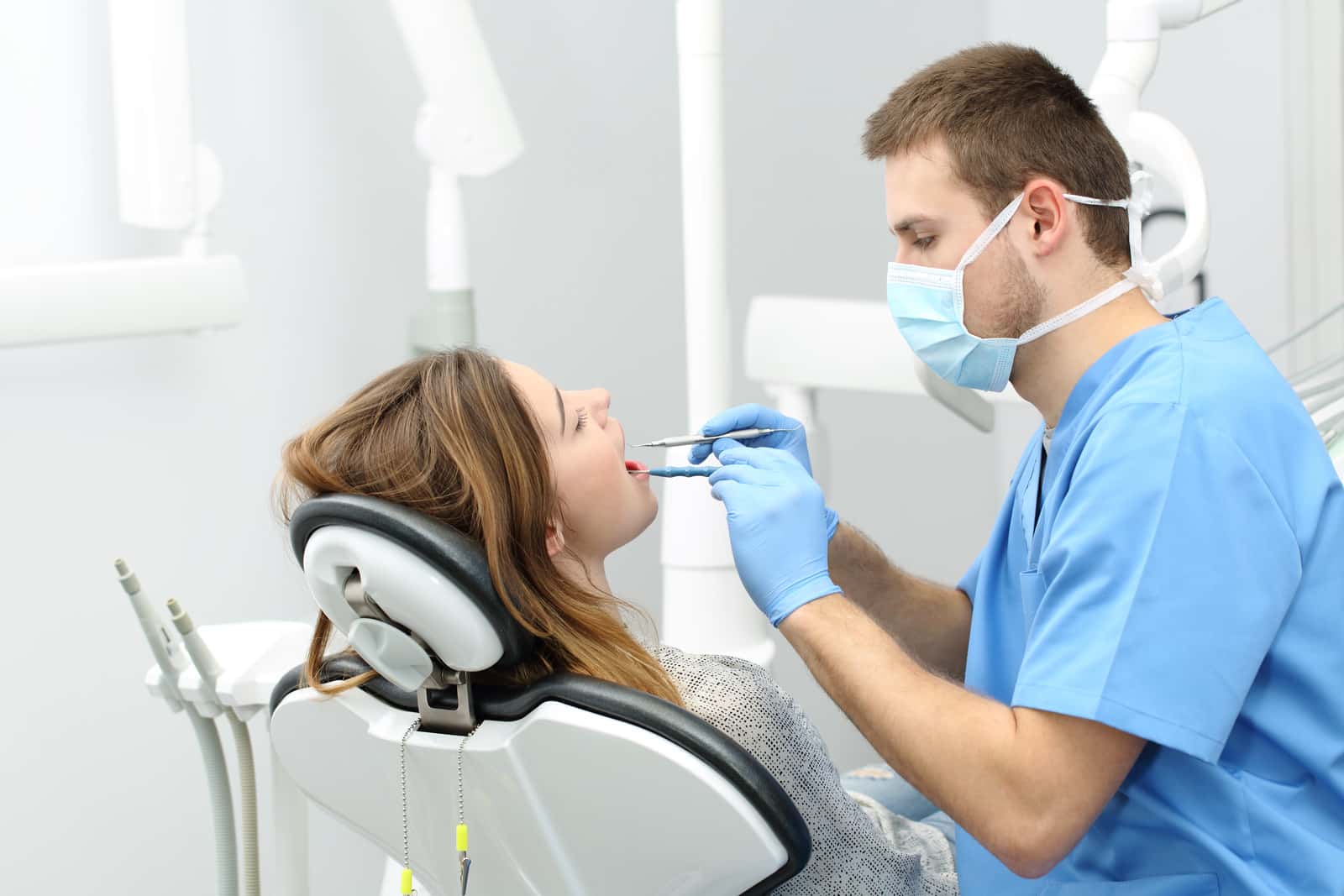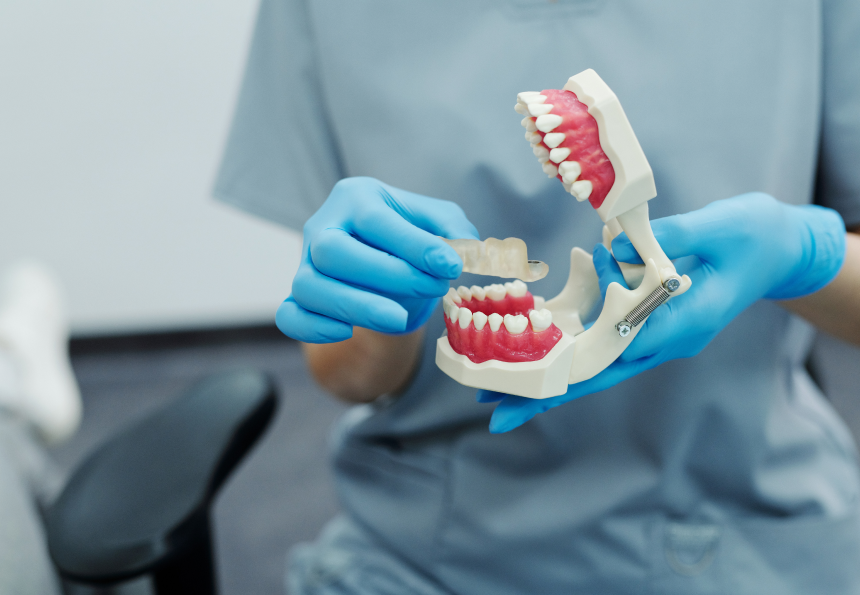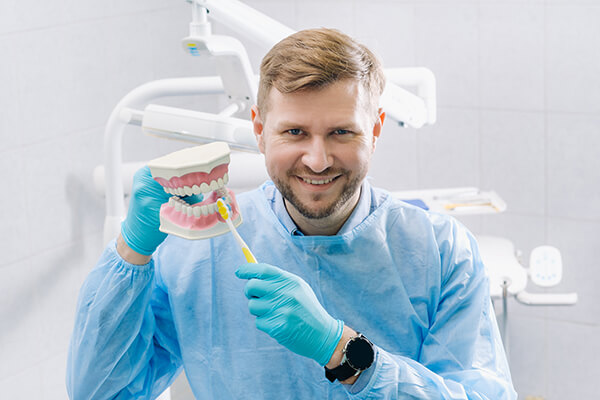Discover Constant Oral Problems Your Dental Practitioner Can Fix
Recognizing constant oral concerns is essential for keeping optimum dental health and wellness. Issues such as tooth cavities, periodontal illness, tooth sensitivity, bad breath, and dental caries prevail yet often forgotten until they come to be extreme. Dental experts have the know-how to detect and treat these problems, therefore stopping further problems. Regular oral brows through and individualized treatment plans can address these troubles successfully, making certain a much healthier and brighter smile. What particular treatments do dentists employ to battle these problems, and just how can early intervention make a distinction? The solution to these questions use important understandings into securing your dental health.
Tooth Cavities
Cavities, also recognized as tooth decays, are a widespread oral wellness problem created by the demineralization of tooth enamel because of acid production from bacterial plaque. This process starts when microorganisms in the mouth metabolize sugars and starches from food, producing acids that deteriorate the enamel. Otherwise attended to quickly, this erosion can permeate deeper right into the tooth, impacting the dentin and eventually the pulp, possibly leading to extreme pain and infection.
The beginning of dental caries formation often existing as white areas on the tooth surface area, suggesting preliminary demineralization. As the process proceeds, these spots can develop right into brown or black sores, representing much more extensive degeneration. Normal dental examinations are important for early detection, as dental caries in their nascent stages can be treated with remineralization strategies, such as fluoride treatments.
Dentists usually get rid of the corroded portion of the tooth and fill up the tooth cavity with materials such as composite material, amalgam, or ceramic. Preventive steps, including great oral health practices and nutritional adjustments, play an essential function in minimizing the threat of dental caries.
Gum Tissue Condition
While dental caries stand for a considerable worry for dental health, one more vital problem that demands attention is gum disease. Additionally referred to as gum disease, gum condition is an inflammatory problem impacting the tissues surrounding and supporting the teeth. It is largely caused by the build-up of plaque-- a sticky film of bacteria that forms on teeth.
Periodontal disease advances through phases, beginning with gingivitis, characterized by inflammation, swelling, and bleeding gums (dentists eugene). If left unattended, gingivitis can intensify to periodontitis, where the inner layer of the gum tissue and bone draw away from the teeth, forming pockets that come to be infected. In time, the toxins generated by the bacteria damage down the bone and connective tissue that hold teeth in position, potentially bring about tooth loss
Very early detection and therapy are essential. Specialist dental cleansings and improved dental hygiene techniques, such as brushing twice day-to-day and flossing, can handle gingivitis. For advanced phases, treatments might include scaling and root planing, antibiotics, or perhaps medical interventions.
Normal oral examinations play a pivotal role in managing and stopping gum tissue disease. Dental professionals can recognize early indications and advise proper treatments, guaranteeing the upkeep of healthy and balanced gums and overall dental health.
Tooth Sensitivity
Tooth level of sensitivity impacts numerous individuals worldwide, providing a typical yet often stressful oral issue. This condition occurs when the enamel, the outermost protective layer of the teeth, is compromised, revealing the underlying dentin. The dentin consists of tiny tubules that lead straight to the oral pulp, where nerves live. When subjected to stimulations such as warm, cool, wonderful, or acidic materials, these nerves are triggered, causing sharp discomfort or pain.
Several factors add to enamel disintegration and succeeding tooth level of sensitivity, consisting of aggressive brushing, acidic foods and drinks, gum tissue economic crisis, and bruxism (teeth grinding) In addition, dental procedures such as teeth lightening can temporarily increase sensitivity.
Halitosis
One more common oral problem that influences people' daily lives is poor breath, medically called bad breath. Halitosis usually originates from poor oral hygiene, which permits food bits to continue to be in the mouth, fostering microbial development.

Dentists play an essential duty in identifying and dealing with halitosis. They can identify the root reason via a complete examination and offer tailored recommendations and therapy strategies. Recommendations may involve boosting dental hygiene practices, such as routine brushing and flossing, making use of anti-bacterial mouthwashes, staying hydrated, and attending to any dental issues. In some situations, a recommendation to a specialist may be necessary to tackle underlying illness adding to halitosis. Effective management of bad breath not just enhances dental health but likewise significantly improves high quality of life.
Tooth Degeneration

Preventing tooth decay entails a combination of good oral hygiene practices and regular oral check-ups. Brushing teeth at the very least twice daily with fluoride toothpaste, flossing to get rid of plaque in between teeth, and restricting the consumption of sweet foods and beverages are important preventive actions. Fluoride treatments, dental sealants, and expert cleanings supplied by a dental professional can additionally play a significant role in fortifying enamel and preventing decay.
When dental cavity occurs, early intervention is visit the website vital. Dental practitioners can remove corroded cells and recover the tooth with dental fillings made from products such as composite resin, amalgam, or porcelain. In advanced cases, treatments like crowns, origin canals, or removals might be necessary. By addressing dental cavity without delay, dental practitioners aid maintain oral structure and feature, guaranteeing long-term oral health.
Final Thought
Dealing with usual dental issues such as cavities, gum tissue illness, tooth level of sensitivity, foul-smelling breath, and dental caries is vital for preserving optimum oral wellness and overall health. Dental practitioners possess the knowledge to detect and treat these concerns successfully, guaranteeing tailored look after each client. Routine preventative measures and oral exams are essential in recognizing and managing these concerns early, advertising a much healthier and more positive smile over a life time.

Tooth degeneration, likewise known as oral caries, takes place when the enamel, the outermost layer of the tooth, is eroded by acids generated by germs in the mouth. Brushing teeth at the very find out least two times daily with fluoride toothpaste, flossing to remove plaque in between teeth, and limiting the consumption of sugary foods and beverages are necessary precautionary measures.Resolving typical oral concerns such as cavities, gum tissue disease, tooth level of sensitivity, bad breath, and tooth degeneration is important for keeping ideal dental health and wellness and total wellness.